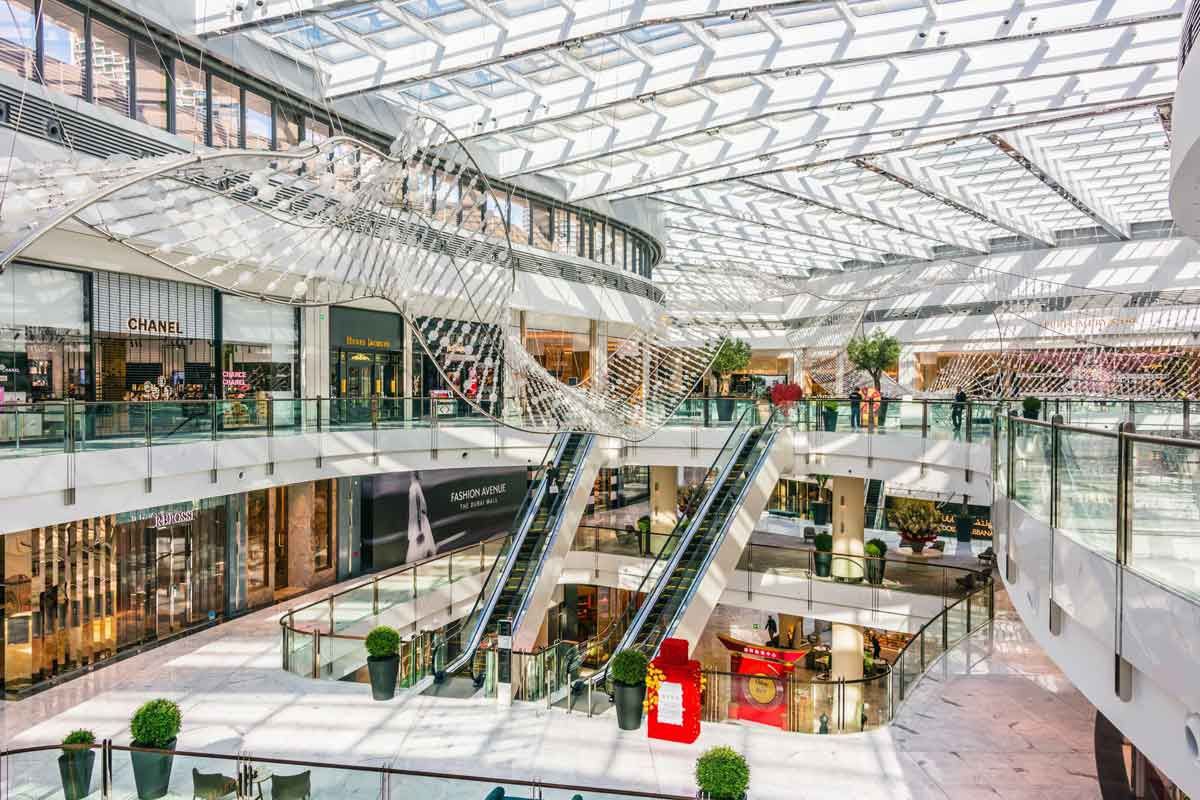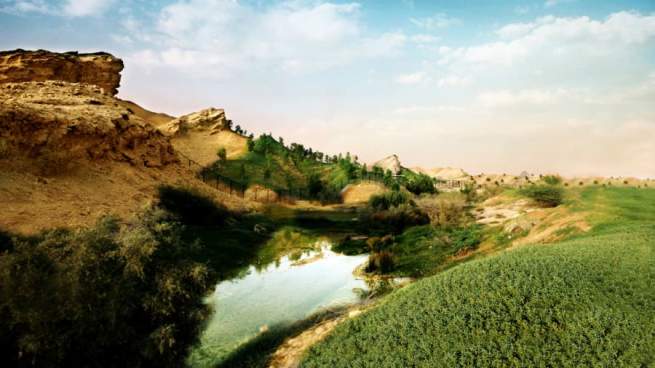The Sahara desert has become a new centre for trading cocaine from west Africa for heroin from east Africa, the UN’s drugs chief said yesterday.
Antonio Maria Costa said drugs money was being used to fund terrorists and anti-government forces and the UN Office on Drugs and Crime had "acquired evidence" of new trafficking routes across Chad, Niger and Mali.
He told the UN security council that the trade of west African cocaine for east African heroin was making drugs a new kind of currency in the region.
"Terrorists and anti-government forces in the Sahel extract resources from the drug trade to fund their operations, purchase equipment and pay foot soldiers," he said.
The Sahel is a semi-arid region south of the Sahara, the world’s second largest desert. Costa said drug trafficking in the region was "taking on a whole new dimension", with traditional caravans replaced by aircraft delivering drugs.
He cited traces of cocaine in the debris of a Boeing cargo plane found on 2 November in the Gao region of Mali, an area affected by insurgency and terrorism.
"It is scary that this new example of the links between drugs, crime and terrorism was discovered by chance following the plane crash," he added.
Last month, Costa told the security council that west Africa was on the verge of becoming a source for drugs as well as a transit point.
The UN drugs chief said investigations by his office and Interpol of numerous sites had discovered large amounts of chemicals used to produce high-grade cocaine and manufacture ecstasy.
He said 50-60 tonnes of cocaine had been trafficked through the region over the past few years and seven laboratories were recently discovered in Guinea – evidence that west Africa was producing amphetamines and crystal cocaine.
But he added that, because of attempts to tackle the problem "we have detected a decline of cocaine flows into west Africa since mid-2008".
On the other side of the continent, he said, 30-35 tonnes of Afghan heroin a year were being trafficked into east Africa every year, causing "a dramatic increase in drug addiction" and spreading HIV through injections.
He said drug treatment facilities were badly needed in Kenya, which he recently visited.
"Drug trafficking is only one illicit activity in eastern Africa," he added.
"Mainly because of the dramatic situation in Somalia, the region is becoming a free economic zone for all sorts of trafficking – drugs, migrants, guns, hazardous waste and natural resources in addition to having the world’s most dangerous waterways because of piracy."
He called for intelligence-sharing among affected countries, improved judicial systems, and the creation of a trans-Saharan crime monitoring network to improve the exchange of information and strengthen regional efforts against organised crime.
The security council has expressed growing concern about "the increasing link between drug trafficking and the financing of terrorism".
The secretary general, Ban Ki-moon, said drugs trafficking had become a leading threat to international peace and security in Afghanistan, Colombia and Burma.
"So far, co-operation between governments is lagging behind co-operation between organised crime networks," he added.
Source: Guardian.co.uk


















